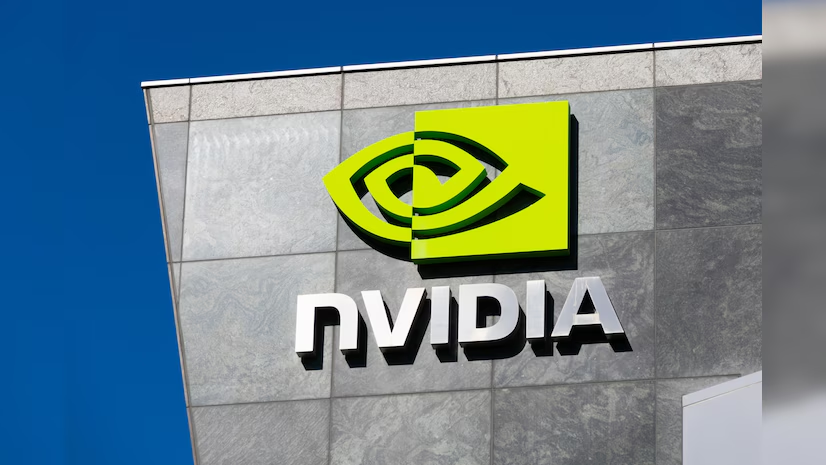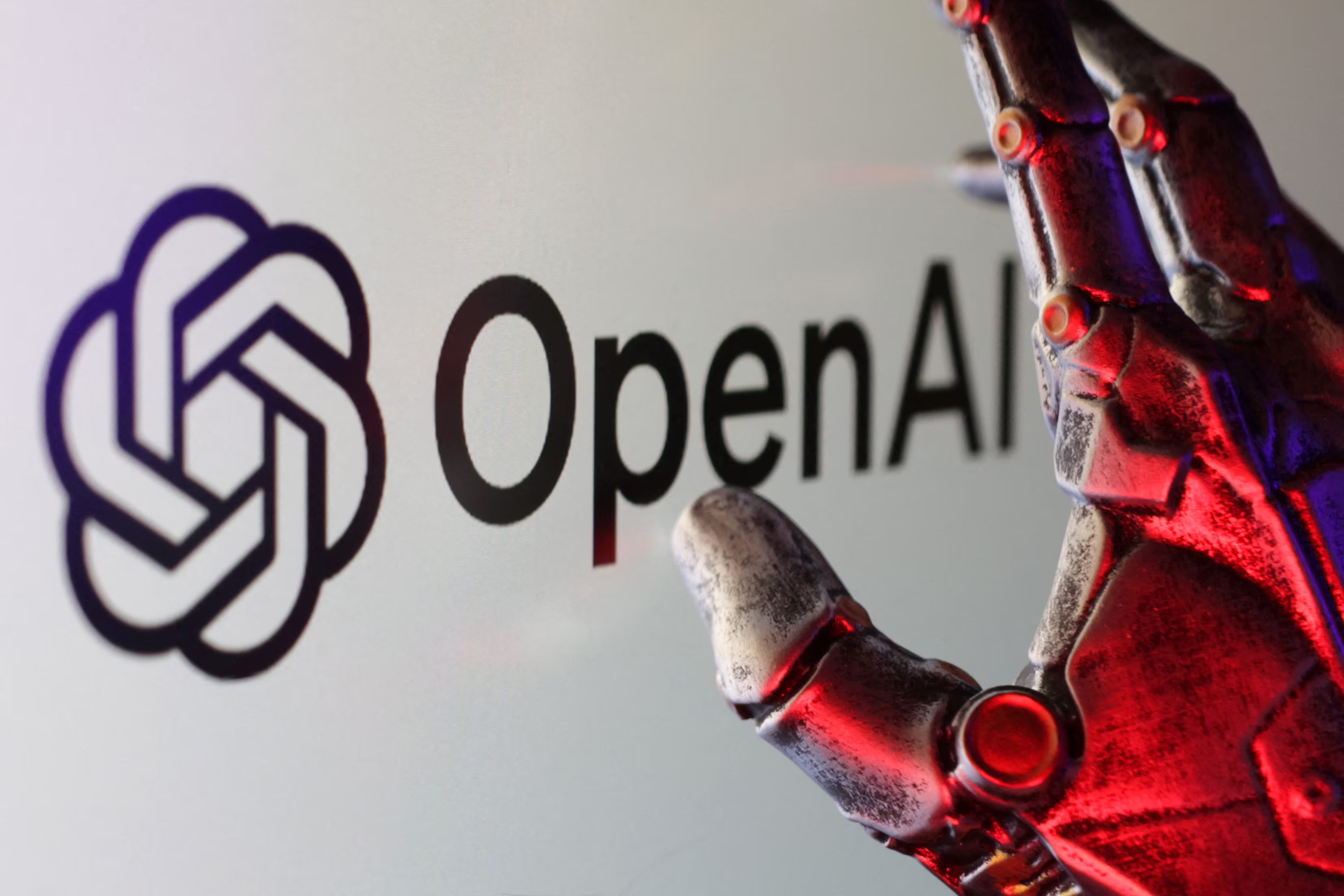
Semiconductor company Nvidia is now facing a new U.S. export regulation that requires a special license to sell its H20 AI chips to China.
In an official filing on Tuesday, Nvidia revealed that the U.S. government informed them of the permanent need for an export license for the H20 chip. The reason cited was the concern that the chip could be used to build a supercomputer in China.
As a result of this policy, Nvidia expects to record losses of up to $5.5 billion in the first quarter of its 2026 fiscal year, ending April 27. The company’s stock fell by approximately 6% in after-hours trading.
The H20 chip is currently the most advanced AI chip Nvidia is allowed to export to China under existing U.S. export rules. Earlier, NPR reported that Nvidia’s CEO, Jensen Huang, may have persuaded officials to avoid new restrictions on the H20 during a dinner at former President Donald Trump’s Mar-a-Lago resort, by promising to invest in U.S.-based AI data centers.
Interestingly, just a day before the official announcement of the export restriction, Nvidia stated it would invest hundreds of millions of dollars over the next four years to manufacture some of its AI chips domestically. However, analysts noted that the company’s announcement lacked specific details.
Calls from several government officials to tighten export controls on the H20 chip had been growing stronger, particularly due to reports that the chip was used by Chinese AI startup DeepSeek to train its AI models — including the R1 “reasoning” model that disrupted the U.S. AI market in January.
When asked for comment, Nvidia declined to respond.



